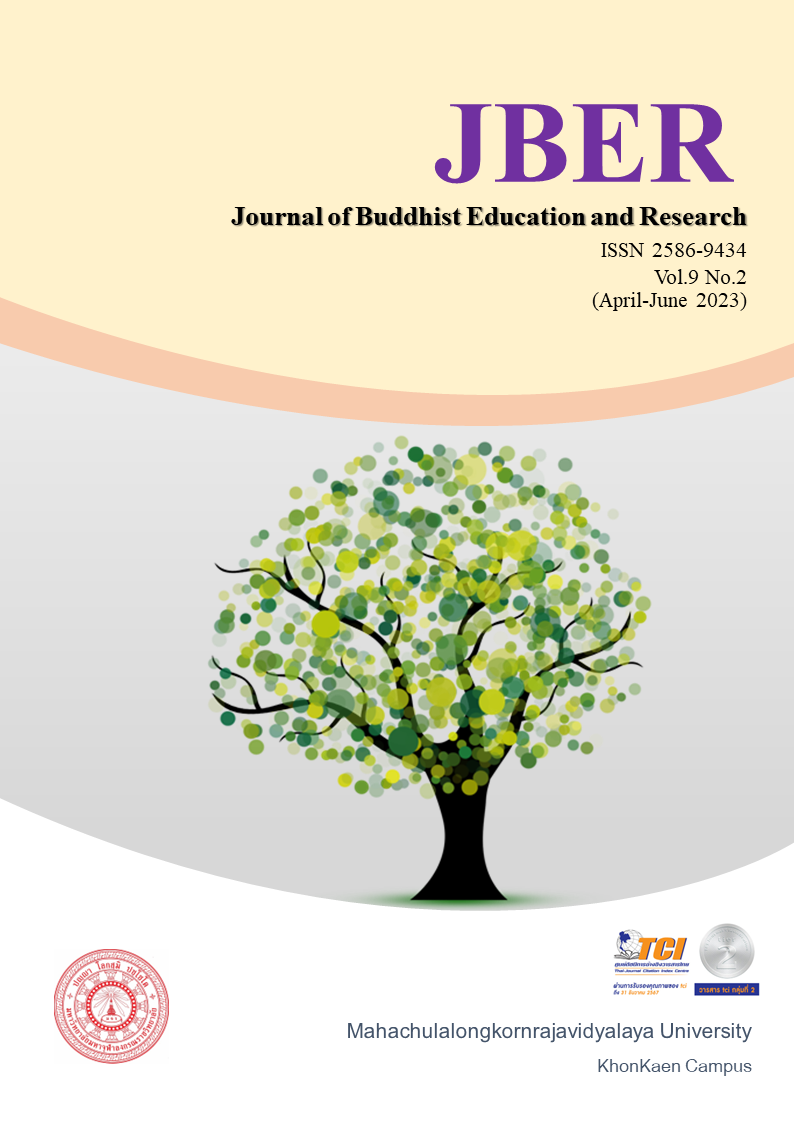RELATIONSHIP BETWEEN SERVANT LEADERSHIP AND EMPLOYEE SILENCE
Keywords:
service-oriented leadership; Silence of employees; Sense of organizational support; The sense of efficacy of advice; TraditionAbstract
Traditional Chinese culture emphasizes harmony and loyalty, and enterprises are deeply influenced by traditional cultural values. Influenced by traditional Chinese culture which emphasizes collectivism, Chinese employees choose to remain silent in order to take the overall situation into consideration and to avoid being regarded as destroyers of organizational harmony due to their voice. To break employee silence and to encourage employees to give suggestions has become a key to organizational reform and innovation. That is why this paper aimed to investigate the mechanism of servant leadership as well as its effects on employee silence based on theories of voice efficacy and to construct a theoretical model of servant leader-voice efficacy and employee silence.
The results revealed a negative correlation between servant leadership and employee silence in three dimensions. Voice efficacy was found to play a partially mediating role in such relationship. Organizational support positively moderated the positive correlation between service-oriented leadership and voice efficacy. Traditionality moderated the negative correlation between voice efficacy and employee silence.
References
Chun H, Cynthia L, M R D. (2004). Psychological contract and organizational citizenship behavior in China: investigating generalizability and instrumentality. The Journal of applied psychology, 89(2).
Hunter E M, Neubert M J, Perry S J, et al. (2013). Servant leaders inspire servant followers: Antecedents and outcomes for employees and the organization. The Leadership Quarterly, 24(2).
Jia H, C L R. (2014). Antecedents of team potency and team effectiveness: an examination Journal of Business Research, 67(7): 1395-1404.
O W F, A H C, Adegoke O. (2010). Servant leadership, procedural justice climate, service climate, employee attitudes, and organizational citizenship behavior: a cross-level investigation. The Journal of applied psychology, 95(3).
O W F, John S. (2009). Leader personality traits and employee voice behavior : mediating roles of ethical leadership and work group psychological safety. The Journal of applied psychology, 94(5).
R B E, R D J, S C D. (2008). Quitting before leaving: the mediating effects of psychological attachment and detachment on voice. The Journal of applied psychology, 93(4).
Yan A, Xiao Y. (2016). Servant leadership and employee voice behavior: a cross-level investigation in China. Springer Plus, 5(1).





